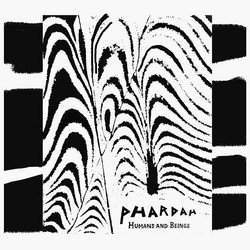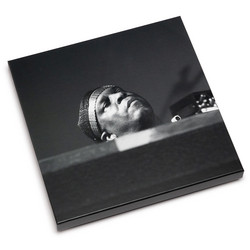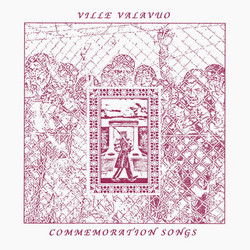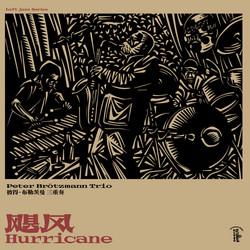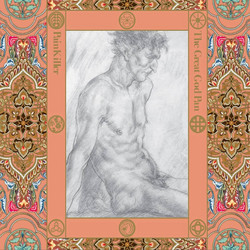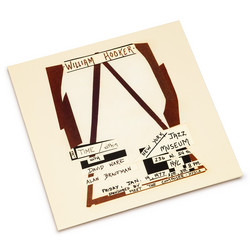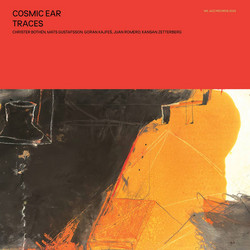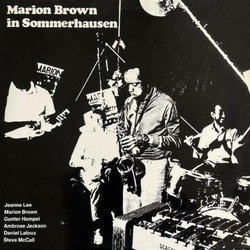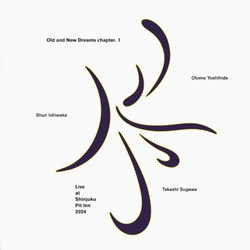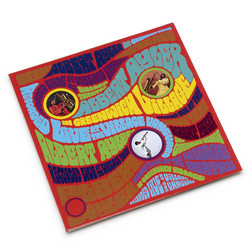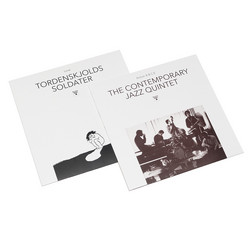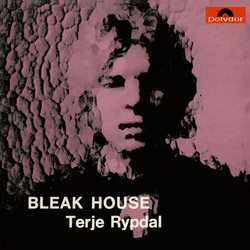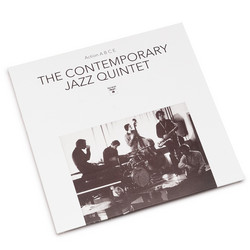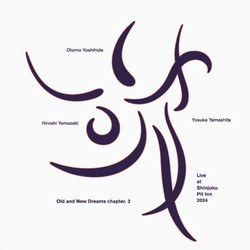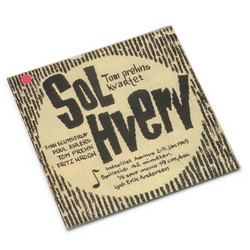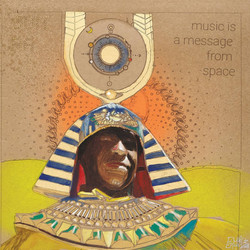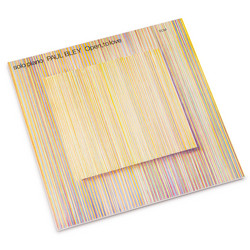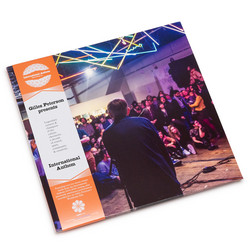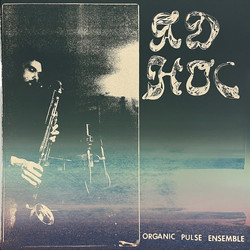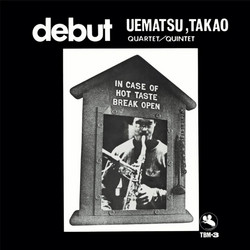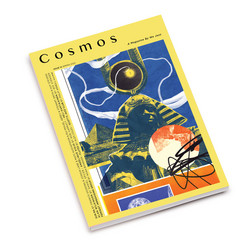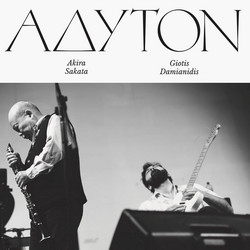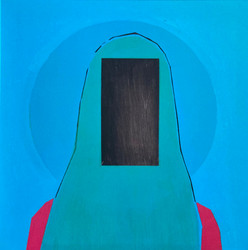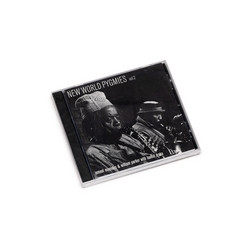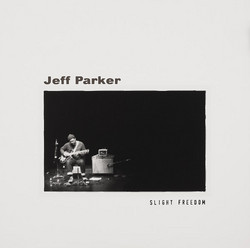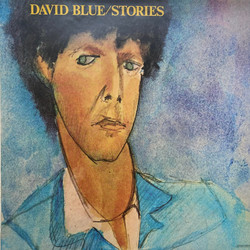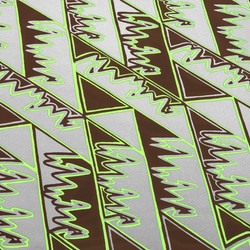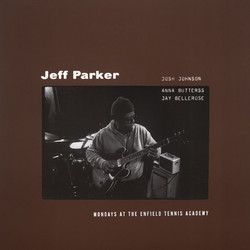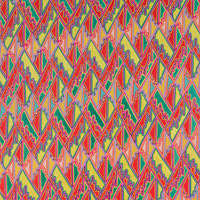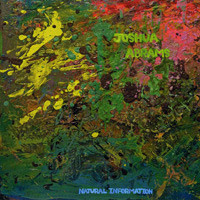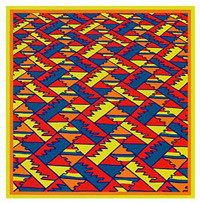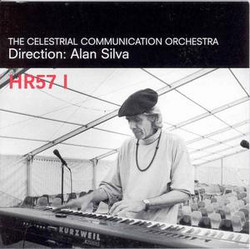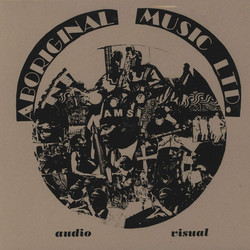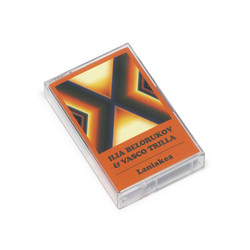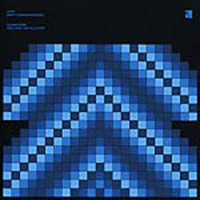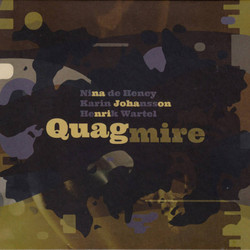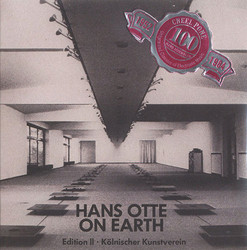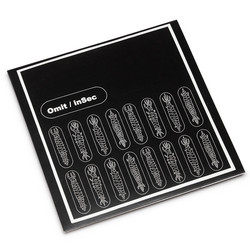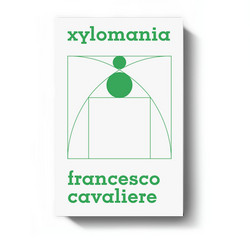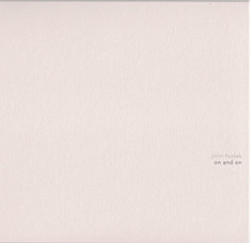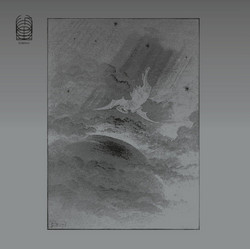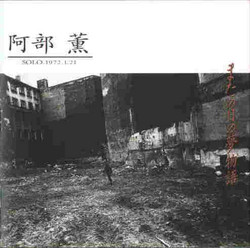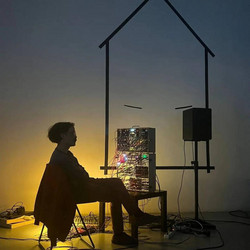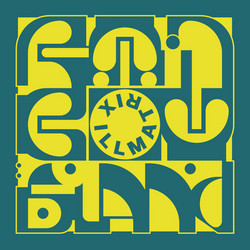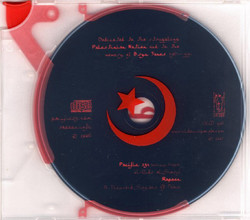Eremite present Byron And Gerald's Unity, a private press free jazz album recorded in 1969 at Howard University and the first release on Byron Morris's EPI label. It is the only hardcore free jazz record out of 1960s DC, and a viscerally powerful cultural dispatch on the sociopolitical upheavals of its time. From Byron's 2017 liner notes: "In the early spring of 1969, several months before moving to Poughkeepsie, NY, Gerald Wise and I, along with the recording engineer Len Jones, conceived of the idea to gather a group of musicians who were like-minded concerning 'The New Thing' (Sun Ra, John Coltrane, Ornette Coleman, Eric Dolphy, Booker Little). Most of the musicians we asked to be part of this experiment we knew from jam sessions or were already part of Unit Five. Eric Gravatt suggested we invite two of his musician friends from Philadelphia, Byard Lancaster and Keno Speller. I wrote a musical composition for the date dedicated to my father, 'JWM+53.' My friend Earl Snead wrote the other composition, 'Black Awareness.' Earl passed shortly after the session. The recording session took place at the studio of an experimental TV channel that leased space on the campus of Howard University. Gerry and I welcomed all the musicians and thanked them for being part of the session. The scene immediately took on a magical atmosphere, with everyone going about their tasks as if they had cue sheets. In the center of the room we laid out our instruments on two 4x8 tables. That way we could just pick up any instrument and play when the spirit hit us. I had two altos (one plastic) and a curved soprano. Jerry Wise had his trumpet and some hand rhythm instruments. Byard Lancaster had an alto sax, flute, trumpet, and some hand rhythm instruments. Vins Johnson had a tenor and a baritone sax. Keno Speller had a bell tree, tambourines, claves, drum sticks, felt-headed mallets, and a set of amplified conga drums. Inside the tables our two drummers, Eric Gravatt and Abu Sharrieff, sat face to face with two full drum kits and microphones all around them. Next to them were our two bassists, Fred Williams and a young man named Chris (whose last name, sadly, I cannot remember). To this day, I wish the proceedings had been filmed. The energy level was so high that Byard Lancaster did push-ups when not playing (I believe I remember Vins Johnson and Keno Speller also doing some). In spite of all of the excitement, everyone wanted to make a serious musical statement and cooperated in taking directions from Len Jones, Gerry, and me. It was orderly excitement, the collective 'We' caught-up in the moment. Ornette's Free Jazz (1961) and Trane's Ascension (1965) address much of what we were attempting in the studio that day in 1969. . . . In point of fact, most if not all of us had witnessed firsthand the physical excitement and, in some moments, pure terror of the urban riots set off in the spring of 1968 by the murder of Dr. Martin Luther King, Jr.. Washington, DC, exploded with anger and the looting and burning of businesses throughout the city. U.S. Army troops, along with Air Force and Navy/Marine elements, were sent in to quell these massive urban disturbances. During the recording of Unity our collective emotions were still raw, to say the least. Here and now, nearly a half of a century later, I can still smell the tear gas and the burning tires. I get chills just thinking about it. But the music got us through that time... and the music gets us through now!"
